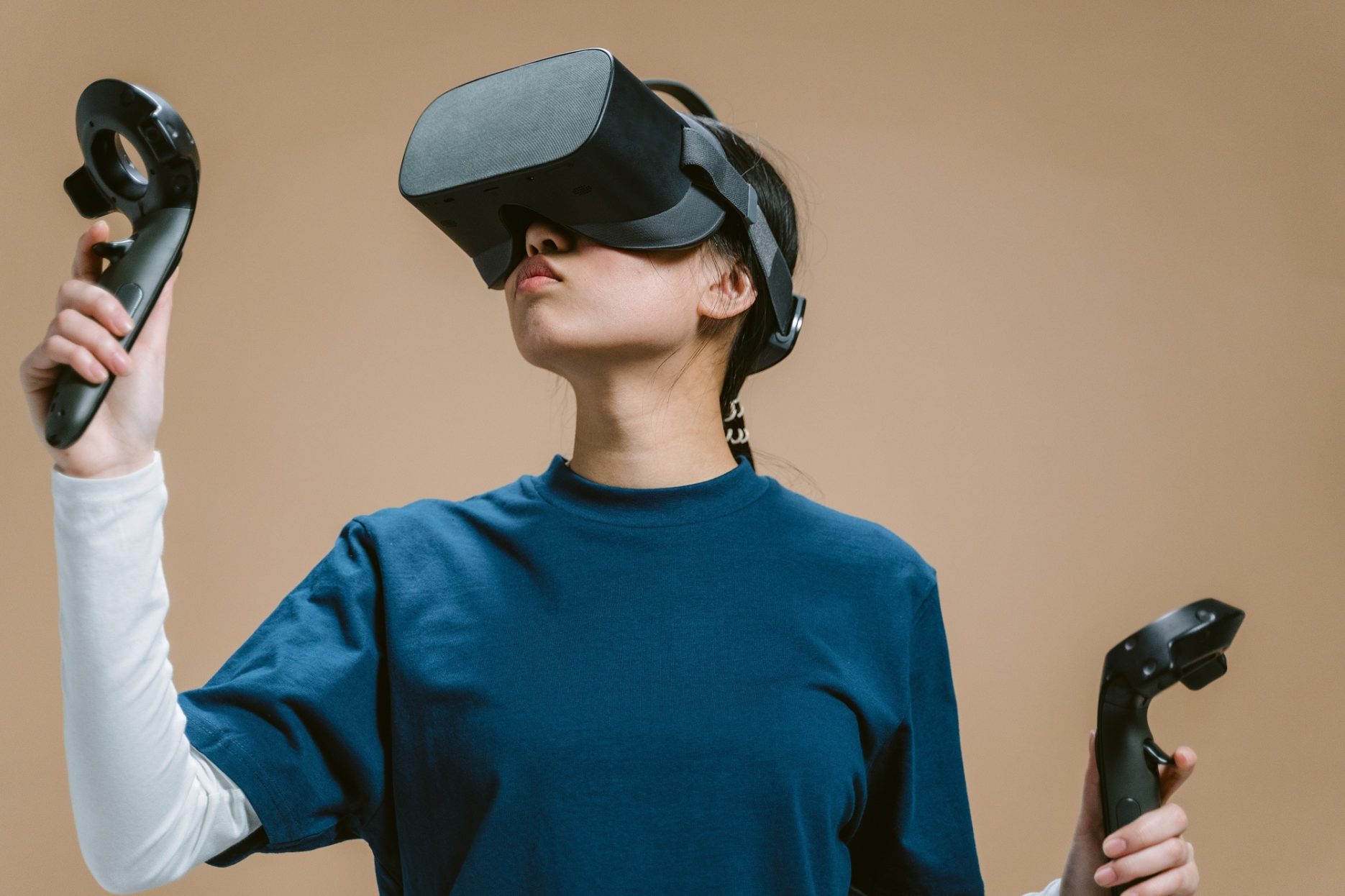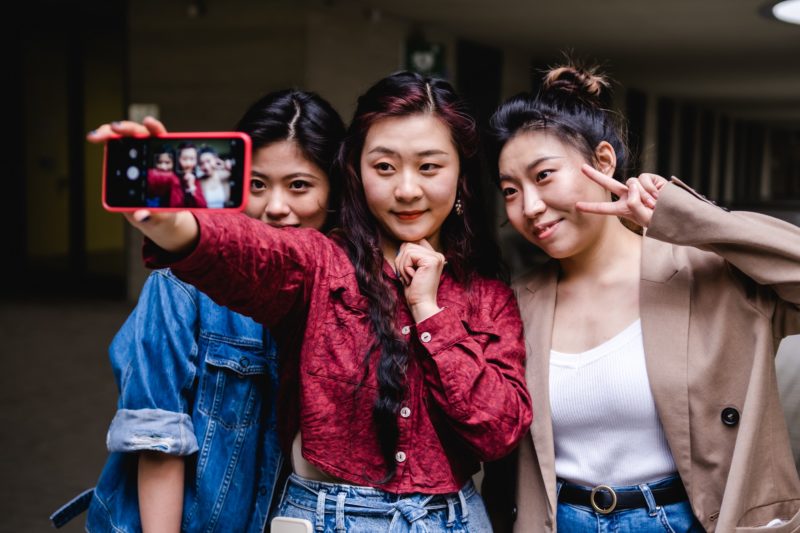Virtual humans are a growing phenomenon in China. The advancement of artificial intelligence-powered technologies, such as natural language understanding and voice interaction, are the driving forces in the digital human sector.
With virtual humans entering different sectors, such as livestreaming, entertainment, education, broadcasting, and retail, they are no longer limited to cultural and creative fields. Instead, they are being introduced to a variety of industries, giving users a greater sense of reality when interacting with them.
For example, China’s first AI sign language presenter fulfilled her role during the 2022 Winter Olympics, serving the hearing-impaired audience 24/7 throughout the international winter sports event. Alibaba’s virtual influencer Dong Dong also assisted with online shopping by responding to questions from viewers instantly and hosted livestreams independently during the 2022 Winter Olympics.
The popularity and demand of virtual humans amongst China’s young people are also accelerating market growth. According to the report “2022 Chinese Virtual Humans Industry Development and Research”, released by iiMedia – the world’s leading consulting agency in the mobile internet industry, revealed over 70% of respondents love virtual humans’ appearance and voice.
Another relevant report released by iiMedia suggested that 63.6% of Chinese netizens followed virtual influencers’ related news and updates. 63.4% of virtual human lovers are among 19 to 30 years old and 56.8% of them are female users. They are also willing to spend money on virtual humans, with 65% of respondents’ incomes ranging from 5,001 RMB ($785.65) to 15,000 RMB ($2,356.49).
The total size of China’s virtual human market is estimated to reach 270 billion RMB ($42.58 billion) by 2030, according to QbitAI, a Chinese market research company focusing on AI and other cutting-edge technology.
Although the digital human segment is still in a nascent stage, the appearance, facial reactions, and gestures of digital humans will be closer to real humans in 2022.









